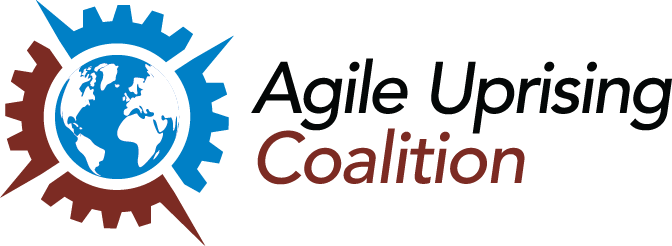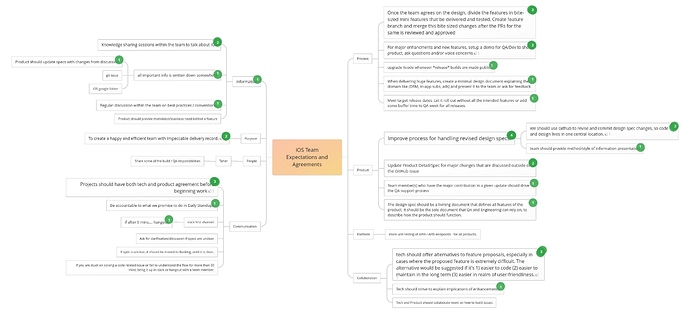In the past, I’ve used a simple format for building a “good enough for now” set of team agreements:
Do’s and Don’ts
Divergent brainstorming:
- List out the do’s and don’t’s of a great team - what is required both to become great and also to maintain that greatness.
Converge/Affinity grouping:
- information, communication, collaboration
- Process, Product, Platform, Purpose, People
I’m looking to up my game a bit.
Curious how others approach having a new, young team create a v1 of Team Agreements.


